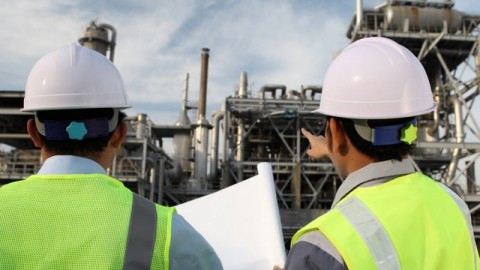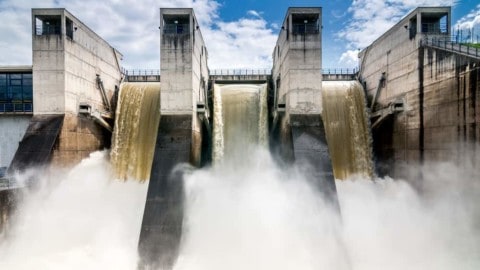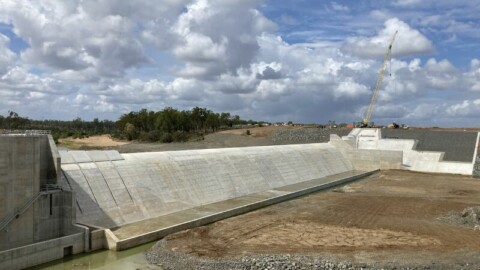The Port of Brisbane and Lytton Fuel Import Terminal are both set to receive new fuel importing facilities and storage tanks, including new diesel loading pumps for Lytton.
The works will support 260 construction jobs, with funding to go to the IOR Group, which is commissioning approximately $50 million of works.
The Queensland Government is providing a $15 million loan to accelerate the development and IOR will contribute the remaining funds towards the scope of works.
Queensland Deputy Premier and Minister for State Development, Steven Miles, said, “The entire scope of works is expected to create up to 264 construction jobs and eight operational jobs.
“These upgrades will create new importing and storage facilities to allow for the storage of significant quantities of domestic fuel.
“The improved facilities will increase productivity at the bustling Port of Brisbane and Lytton Fuel Terminal and bring more economic benefits.
“Over recent periods, Queensland has been the largest user of diesel in the country, so stocking up the state’s supplies will relieve any anxiety about fuel shortages so industry can keep working.
“It will also hold sufficient fuel to meet the Federal Government’s new long-term fuel security goal when it applies from 1 July 2022.”
Member for Lytton, Joan Pease, said the Queensland Government is providing the $15 million loan from the state’s Building Acceleration Fund to accelerate the development.
“Works at the Port of Brisbane include constructing a new section of wharf deck to support a new Marine Unloading Arm,” Ms Pease said.
“Underground and aboveground pipelines will be constructed to connect the Lytton Fuel Import Terminal to the Port of Brisbane wharf deck.
“The Port of Brisbane already hosts thousands of jobs and is our economic lifeblood, this work will bring even more jobs to the region.”
Works at the Lytton Fuel Import Terminal include:
- Repurposing of existing 50ML tank for diesel storage
- Two new tanks for diesel storage and one new tank for biodiesel additive
- Upgrade to containment bund
- Electrical infrastructure upgrades
- New diesel loading pumps and loading bays
IOR Managing Director and CEO, Stewart Morland, said that IOR was proud to be a champion for fuel security in Queensland.
“The Lytton Fuel Import Terminal will add an additional 110 million litres of diesel storage to the Queensland economy,” Mr Morland said.
“It will be the largest diesel only import terminal in Queensland and one of the few in Brisbane with the capability to receive international shipments of diesel via LR2 vessel.
“IOR proudly fuels transport, agriculture, resources, and several other industries essential to the success of our economy and the livelihoods of all Queenslanders. The terminal will provide fuel security to these industries and contribute to industry productivity in the years to come.
“With growing demand for diesel in Brisbane, we’re seeing congestion at many terminal sites. Upon opening, the terminal will open access to third parties and in doing so will help relieve congestion, reduce the time to load, accelerate productivity, and increase competition in the Queensland fuel market.”
Mr Morland said that IOR is a Queensland business, supporting Queenslanders, with more than $14 million in project expenditure already awarded to local Brisbane businesses to date, and the company already in negotiations with other local businesses to support components of the project.
Port of Brisbane Interim Chief Executive Officer, Neil Stephens, congratulated the State Government on its collaboration with IOR, one of the Port’s long-term customers.
“This joint investment will not only create near-term construction jobs, but it will help ensure the Port of Brisbane can continue to effectively service the fuel needs of our growing region,” Mr Stephens said.
“It comes on the back of IOR’s recent long-term lease extension at the Port of Brisbane. We thank them for their investment and commitment to Australia’s premier multi-cargo port.”
To facilitate the project, Port has changed the tenure of the Fisherman’s Island crude oil berth so that this can be common-user infrastructure.
Construction works commenced on 1 February and will be completed by June 2023.
















